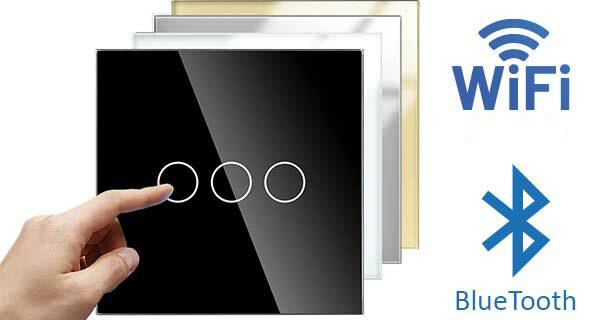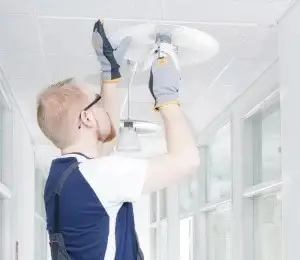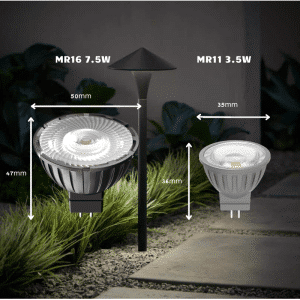
Whether you’ve been using LED light bulbs for years or recently switched from incandescent bulbs, you may encounter flickering issues. Flickering LED lights can be a nuisance and, at times, a sign of more serious problems. Let’s explore the causes behind LED light flickering and how to address them.
LED Bulbs Flickering Without a Dimmer
LED light bulbs commonly flicker when the dimmer malfunctions. If your LED lights don’t have a dimmer, flickering can result from issues with the bulb itself, wiring, or power.
Issues with the Bulb
Flickering can occur due to a low-quality driver component within the bulb. When this component can’t handle the heat generated during operation, it may cause the capacitor within the bulb to bulge or swell.


Issues with Wiring
In some cases, flickering may stem from shorter wires within the fixture than required (at least 6 inches long). Loose connections between the switch, fixture, and bulb can also lead to flickering.
Issues with Power
Electrical panel damage can be another reason for flickering. Loose wiring within the circuit breaker can disrupt proper light operation. If you use incandescent bulbs and LED bulbs on the same circuit, the LED bulbs might flicker. Incandescent bulbs consume most of the energy, leaving less for LED bulbs and other appliances.
LED Bulbs Flickering with a Dimmer
LED bulbs are designed for an on-or-off state. Older dimmers, originally made for incandescent bulbs, alter current levels to turn bulbs on or off. This difference in function may lead to flickering when used with old dimmers. Upgrading to a dimmer switch designed for LED bulbs can resolve this issue.
Flickering can also occur when using a non-dimmable LED with a modern dimmer switch.
Bulbs Flickering When Lights are Turned Off

In homes with smart switches, LED bulbs may flicker even when turned off. Smart switches require a small standby power to maintain smart features like dimmers, night lights, and WiFi control. If the switch’s circuitry is faulty and cannot use a neutral wire, capacitive coupling can occur, storing some power in the capacitor. Eventually, voltage builds up, causing the bulbs to glow or flicker.
How to Stop Lights from Flickering
If voltage fluctuations are causing flickering, consider reducing the simultaneous use of electrical appliances. Running multiple appliances at once can lead to voltage fluctuations. Moving high-power-demand appliances to a 240-volt circuit can mitigate this issue. In some cases, you might need to expand your electrical panel to accommodate 240-volt breakers.
Dirt or debris affecting the bulb can cause flickering, which can be resolved by cleaning with compressed air. If tightening the bulb doesn’t work, consult a professional electrician to secure the wires.
It’s essential to use switches and bulbs that are compatible with LED lights. Opting for low-quality LED bulbs can lead to flickering issues. For any significant issues, it’s safer to consult an experienced electrician, as electrical work can be dangerous if not handled by a professional.
Indications of Serious Flickering Issues
Flickering lights can affect your well-being and may indicate underlying electrical problems. Short-term exposure to certain flicker frequencies can even result in seizures, necessitating immediate attention. Flickering can also signify an overloaded circuit, posing safety risks.
In such cases, it’s advisable to contact a professional to diagnose and resolve the problem. Issues like poor wiring or a faulty circuit breaker can increase the risk of electrical fires and damage to appliances.
How Professionals Address Flickering Issues

For serious issues, electricians can employ various solutions, such as using better drivers to eliminate power current peaks causing flickering. If voltage fluctuations are the problem, an electrician may replace your electrical panel to ensure stable power distribution.
Faulty components can be replaced, and all switches in your home can be inspected for proper functionality.
Conclusion
Flickering LED lights can be caused by various factors, including issues with the bulb, wiring, or power. Understanding the root cause is essential for finding a solution. While some problems can be resolved by reducing electrical loads or cleaning fixtures, serious issues require professional intervention. Addressing flickering promptly ensures a safe and comfortable environment in your home. If you experience flickering issues, consider consulting an experienced electrician for proper diagnosis and resolution.





